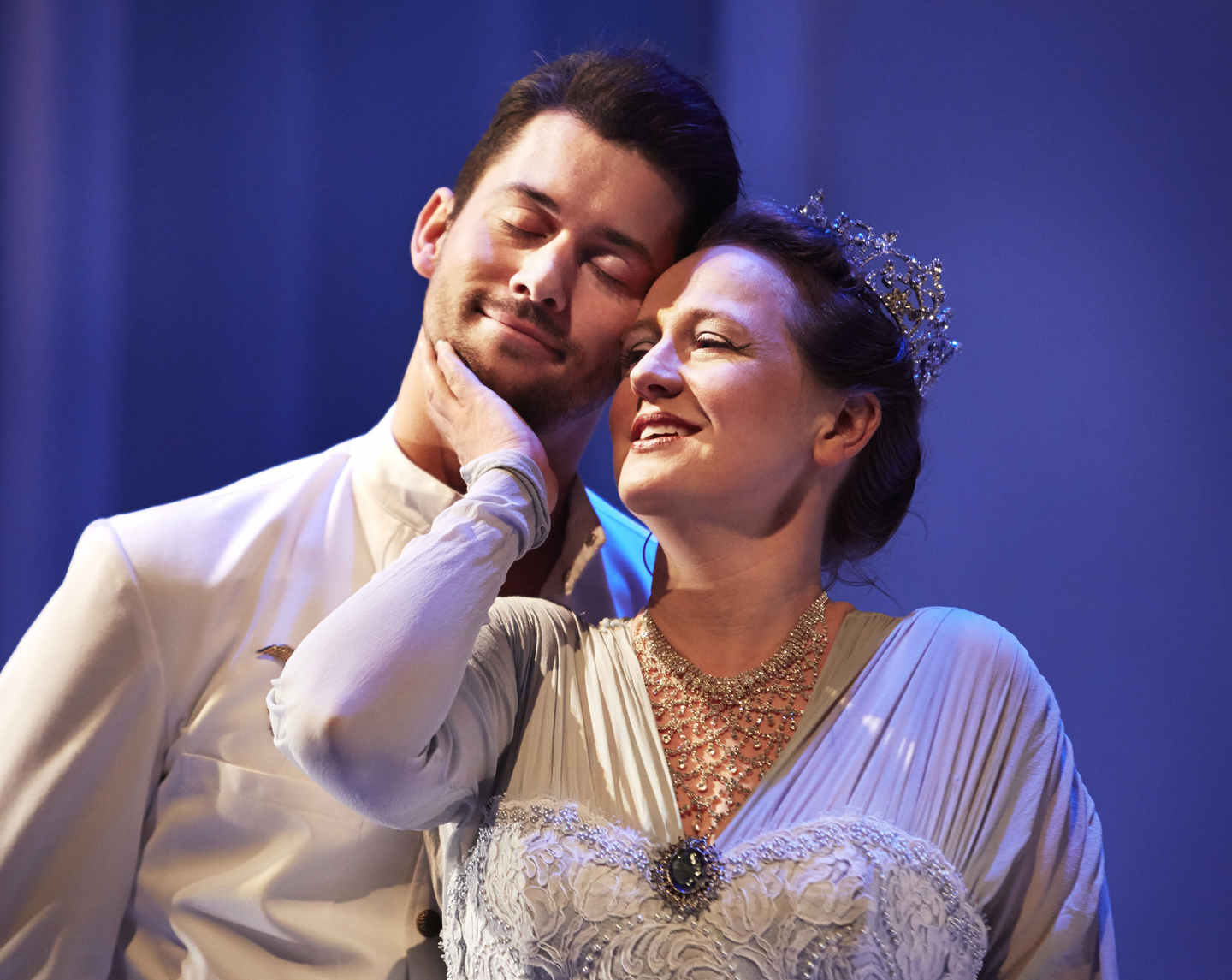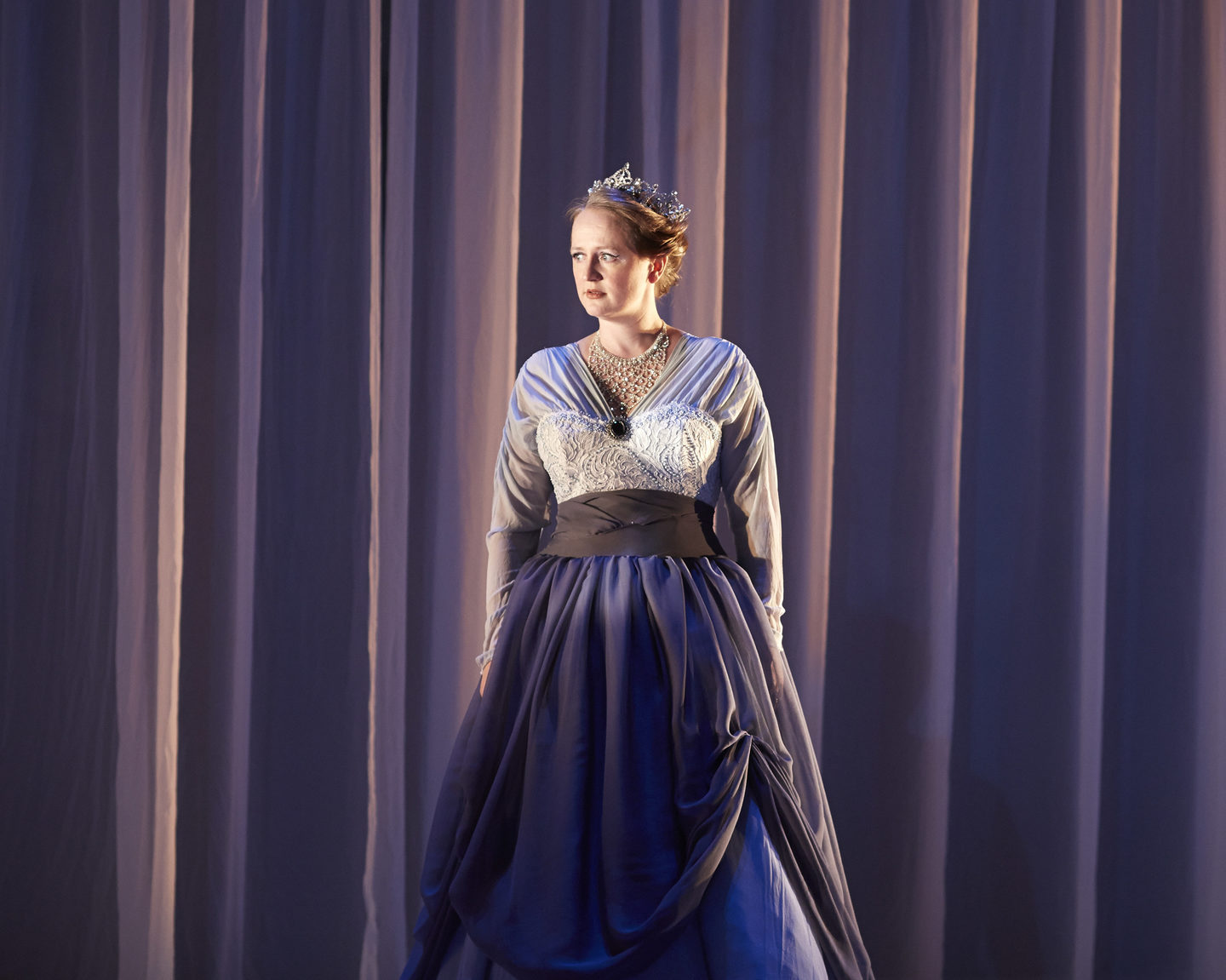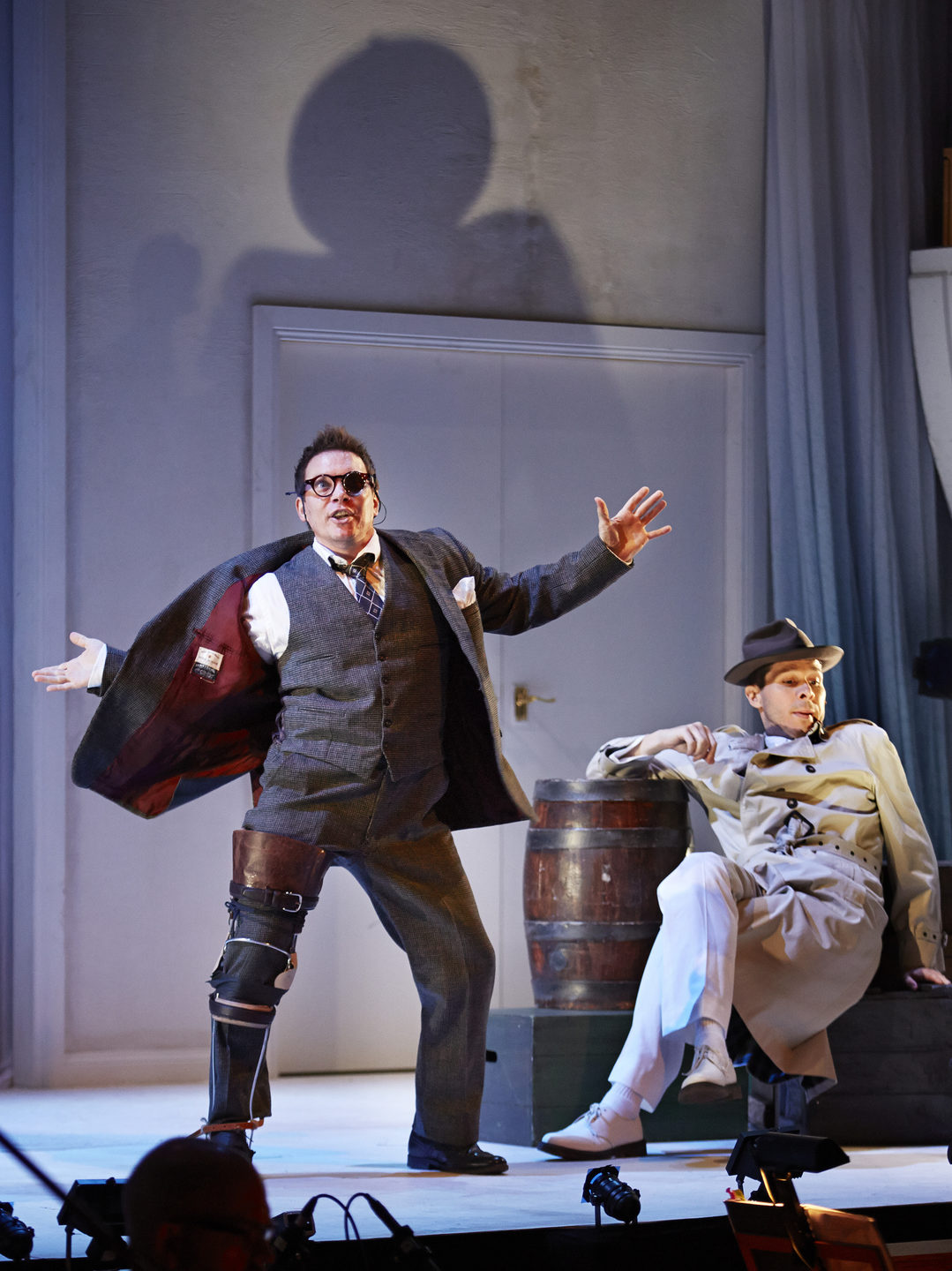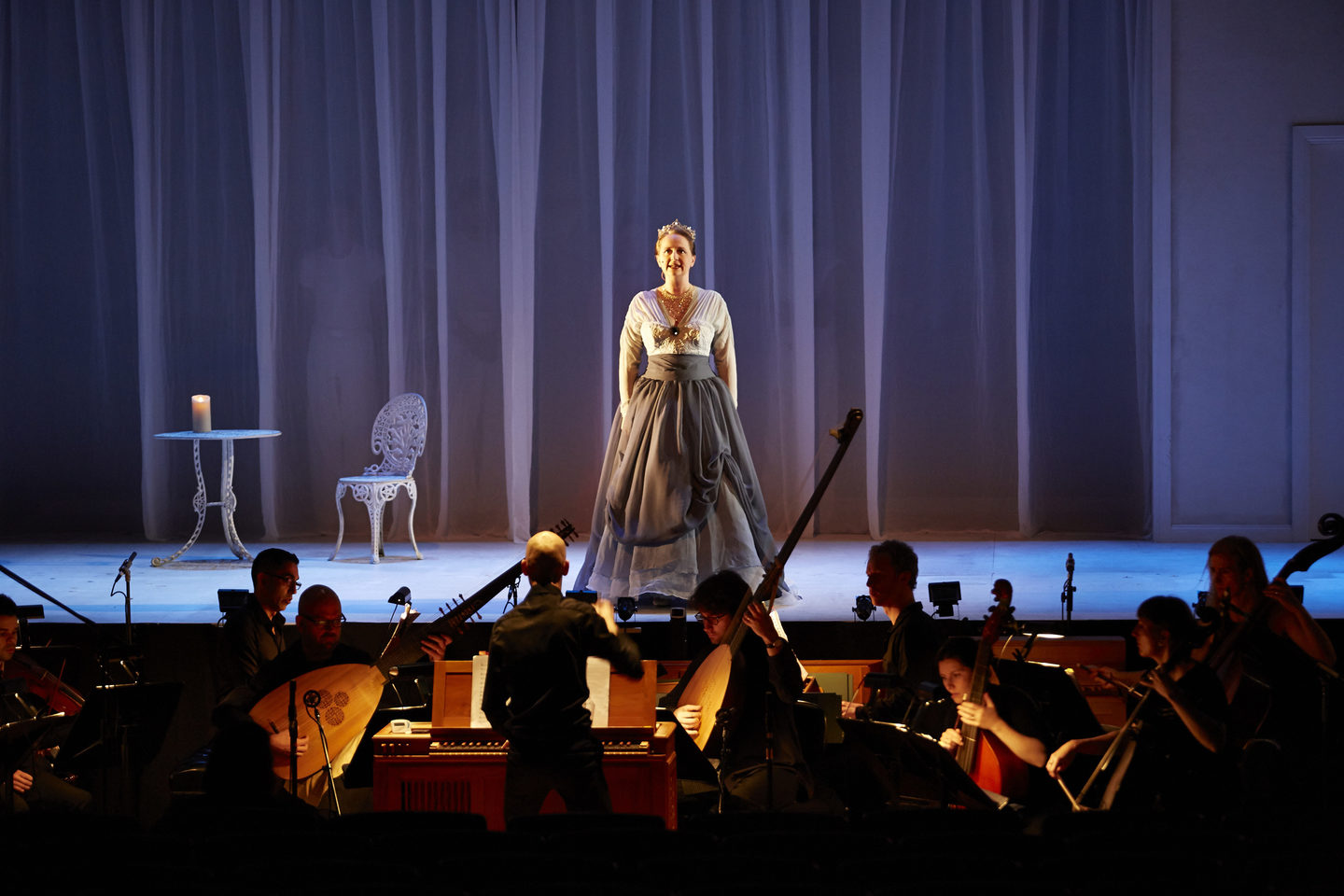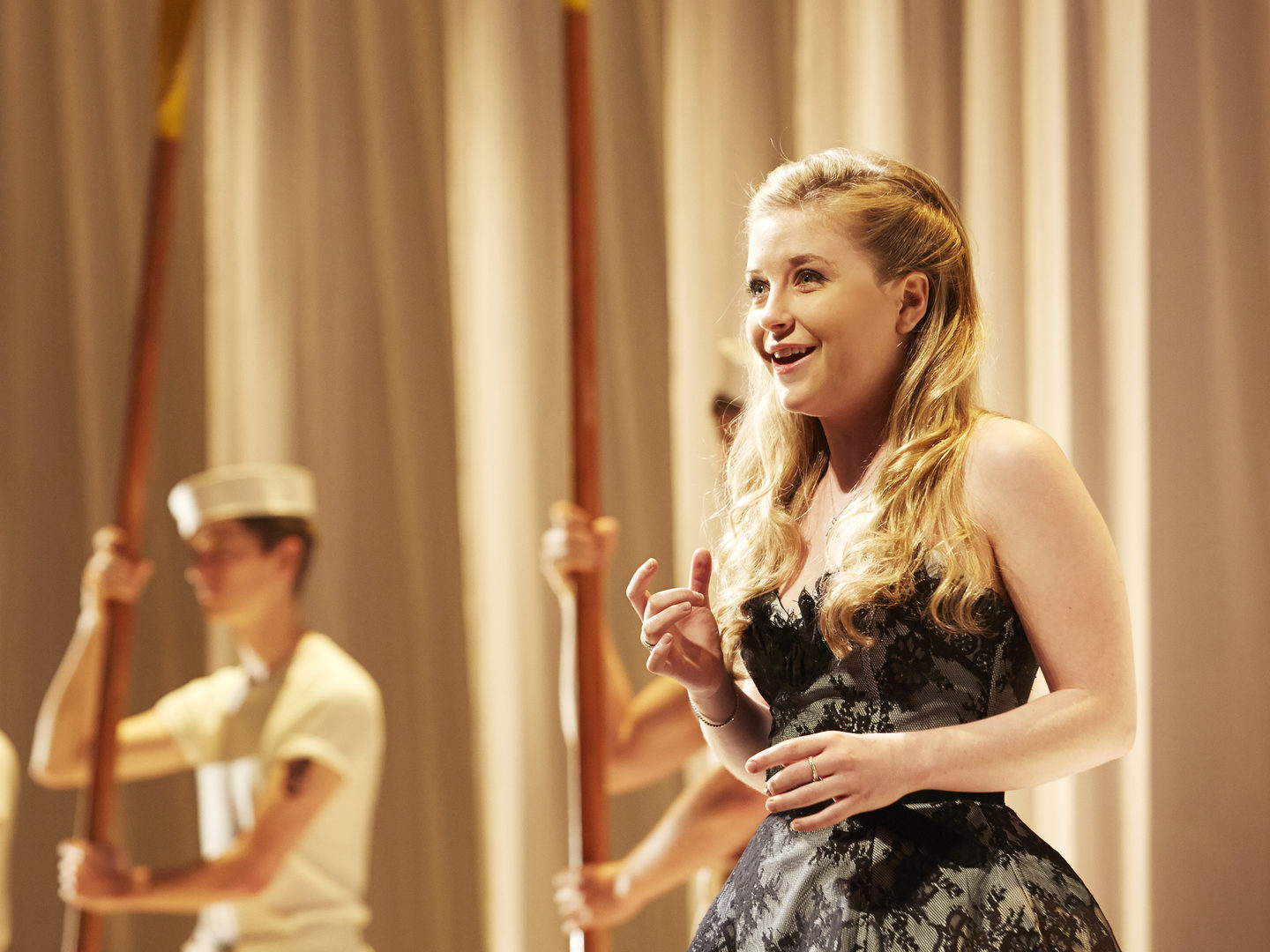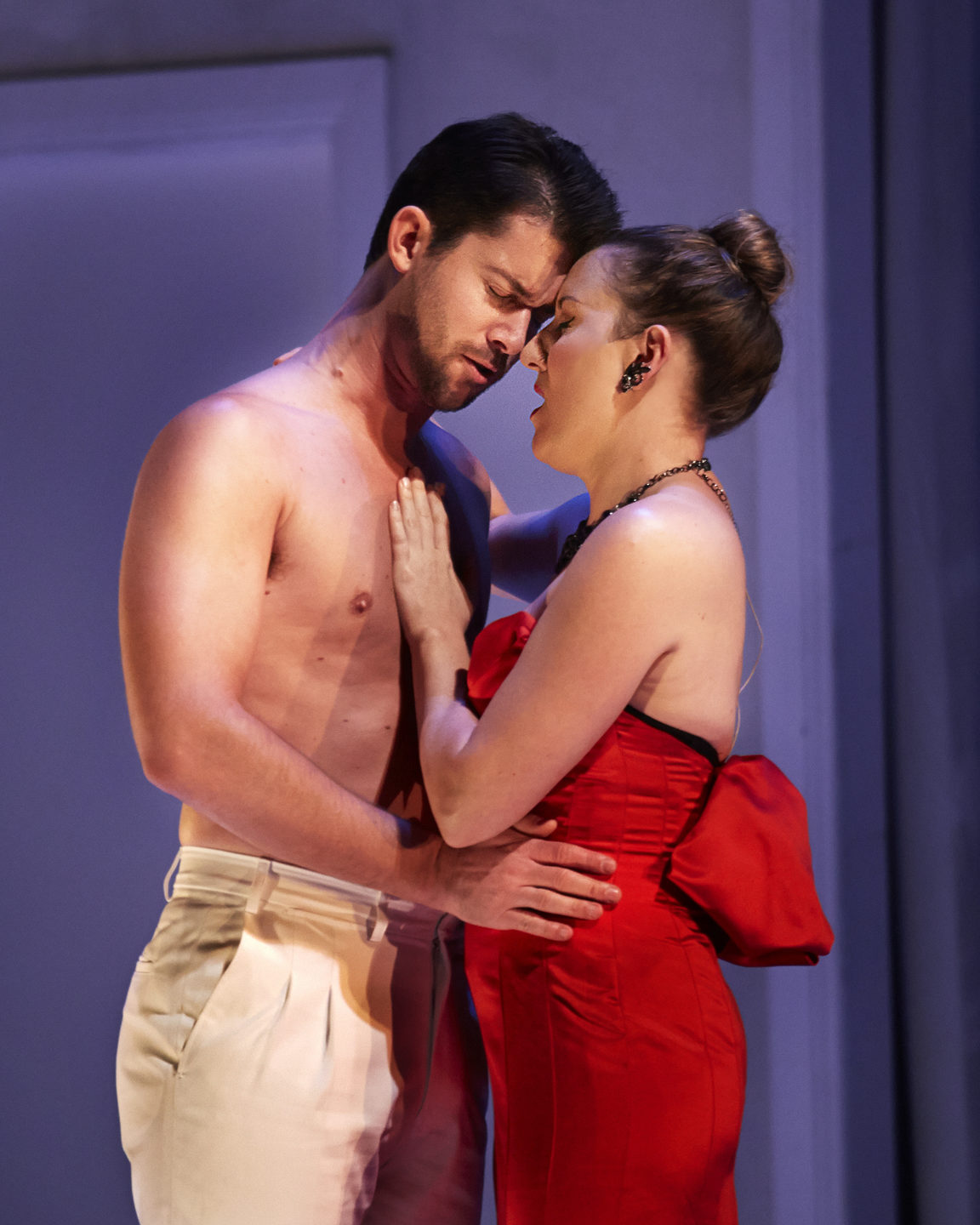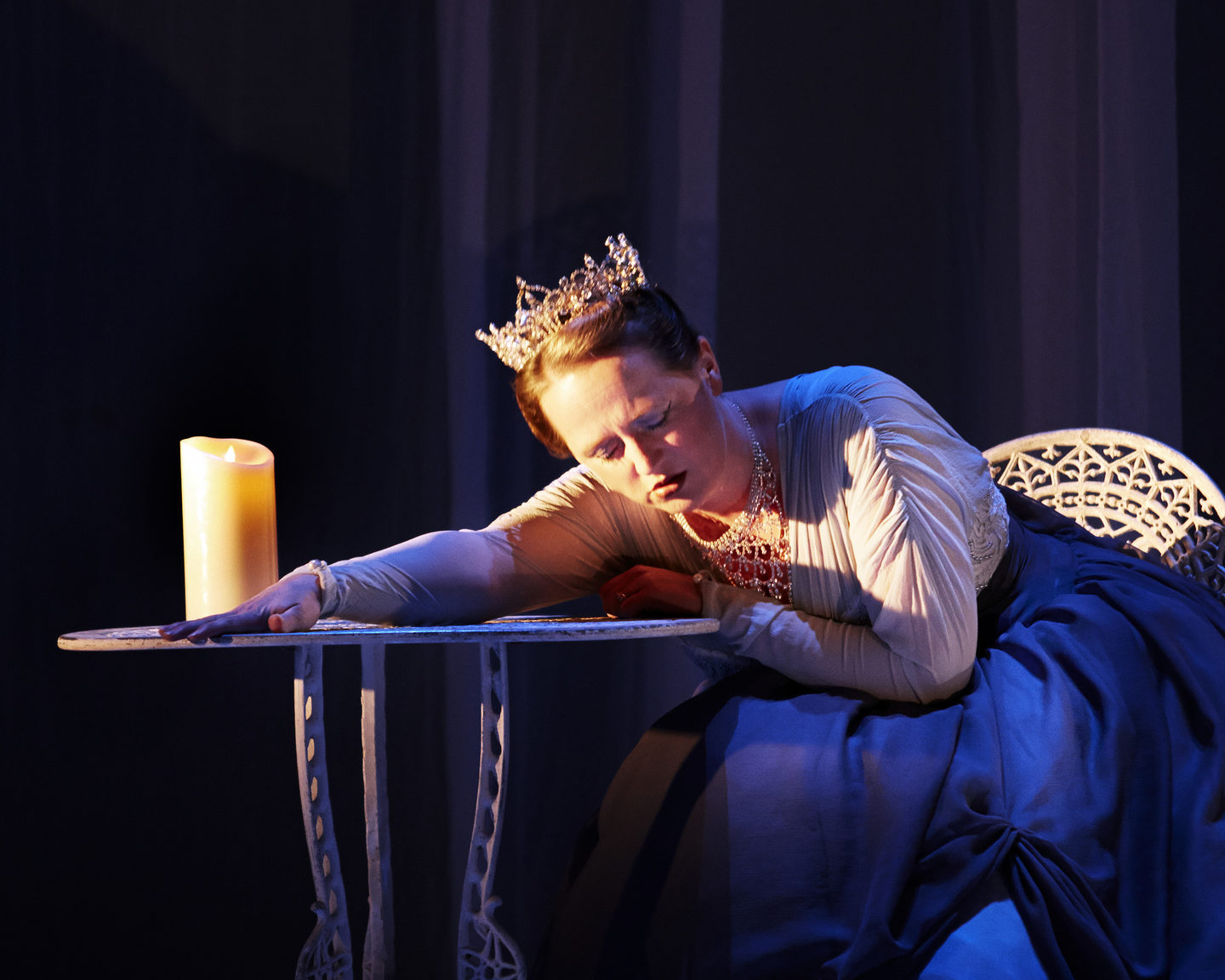Giasone
by Francesco Cavalli
libretto by Giacinto Andrea Cicognini
5, 7, 8 & 9 Dec 2013
City Recital Hall Sydney
Cavalli's Giasone
Cavalli’s Giasone has it all – achingly beautiful music, unimaginable tragedy, and ultimate triumph.
Giasone was the most frequently performed opera of the 17th century and took its plot from the Greek myth of Jason and his search for the Golden Fleece.
These days Giasone is rarely performed. Our production was the Australian premiere. Cavalli was a groundbreaking composer of opera. Giasone is at once bawdy and beautiful – and a little bit naughty…
REVIEWS
READ
1] Arcadians v. Argonauts
At the dawn of the 18th century, a group of opera-loving intellectuals in Rome decided to gather informally to discuss the future of the genre. They called themselves the ‘Arcadians’ and sought a return – as with all operatic reforms – to classical simplicity. Squarely in their sights for critique was the 17th century’s most performed opera of all time, Cicognini’s Giasone, set to music by Francesco Cavalli.
To the Arcadians, Giasone was their worst nightmare. Their spokesperson, Crescimbeni, allowed graciously that ‘it was [the] first and most perfect drama in existence’ but then went on to outline all the abuses committed by composer and librettist. Crescimbeni deplored the mixture of classes, as well as the impure combination of comedy and tragedy. Just as in Shakespeare – who was similarly criticised at the time – Cavalli’s Giasone placed ‘side by side, with a monstrousness never heard before, kings, heroes and other illustrious characters, and buffoons, servants and folk of the lowest extraction.’
The Arcadians felt that operas like Giasone epitomised everything that they wanted to expunge from the operatic tradition: strong female leads, men in drag, and improvised slapstick; even the aria itself, which they felt contributed to the overall decay of verisimilitude, was earmarked for expulsion. In fact, the Arcadians wanted to get rid of everything that had contributed to Giasone’s popularity.
Giasone was so popular in its day that it inspired a play which existed independently of the opera – a very rare phenomenon indeed. From its premiere in 1649, Giasone enjoyed unprecedented revivals all over Italy for 40 years. Why was it so popular? Seventeenth-century opera expert Ellen Rosand believes it was because Giasone represented an ideal meeting of music and drama. Gone was the stuffy literary atmosphere of earlier Venetian operas – in its place Cicognini developed a new kind of comic fluidity to complement the fast-paced (and complex!) action, all the while making sure to draw the serious characters and situations out with virtuosic lyric poetry.
Cavalli responded to Cicognini with equal skill and imagination. For the first time in the history of opera, librettist and composer seemed equally responsive to each other. In Giasone, writes Rosand, ‘the definitive separation of aria and recitative was finally achieved; formal distinctions were clarified by dramatic function, with recitative reserved primarily for action and commentary, and arias for formal songs or moments of intense, reflective feeling.’ Certainly the variegated audience in Venice at the time – the tourists, aristocrats, merchants, prostitutes, servants and intellectuals – felt that this recipe was a success, and that Cicognini and Cavalli had created a new and enduring kind of theatrical experience that could be enjoyed by anyone willing to buy a ticket. Giasone is the opera that began it all.
© Erin Helyard 2013
2] Francesco Cavalli
Cavalli began his illustrious career as a talented boy soprano. His sweet singing attracted the ear and patronage of the Venetian governor of Crema, Frederico Cavalli, from whom the talented young musician (then Caletti) later took his last name in gratitude. Under the governor’s protection, Cavalli entered the famed cappella of San Marco in Venice, then under the direction of Monteverdi. Whether the two had a formal pedagogical relationship is unknown, but doubtless the two composer / performers had a close association. Traces of Cavalli’s hand can be found in several of Monteverdi’s works, and Cavalli probably edited Monteverdi’s posthumously published Messa a 4 voci et salmi (Venice, 1650). Cavalli won the post of second organist at San Marco in 1639 and his organ playing won high praise; foreigners compared him favourably with the great Frescobaldi. Indeed, in 1655 the chronicler Ziotti observed that ‘truly in Italy [Cavalli] has no equal’ as vocalist, organist and composer.
Cavalli’s debut as an opera composer occurred in the same year he won his post at San Marco. At first, he was an impresario and administrator as well as a composer. At Venice’s first opera house, the Teatro San Cassiano, Cavalli formed a company with a librettist, singer and dancing-master. Despite some initial financial problems, Cavalli’s troupe began to dominate the nascent opera industry. In the 1640s, Cavalli began working with a series of great librettists including Giovanni Francesco Busenello, then a member of the highly influential Accademia degli Incogniti, and his long-time collaborator, the brilliant Giovanni Faustini. Cavalli’s Egisto (1643) was the first of a series of runaway successes, being performed north of the Alps as well as all over the Italian peninsula. More spectacularly successful still was Cavalli’s setting of Cicognini’s Giasone (1649). Performances of this work quickly spread to almost every opera house in Europe.
Cavalli’s fame and success led him in the 1660s to Louis XV’s court in Paris, where his work had a lasting influence on Lully. He died wealthy and lauded, his vast collection of scores bequeathed to his best student Caliari – luckily still extant today.
© Erin Helyard 2013
3] Director's Note
Cavalli and Cicognini’s Giasone is essentially a story about fidelity and the resilience of the human spirit. But it is in the telling of that story that the composer makes the most remarkable choices about how to guide the audience through the startling variety of emotional journeys that take place therein. Cavalli and his librettist have managed to mix the lighter, more romantic-comic side of the adventure (a conniving Medea and an oversexed Giasone) with the melancholy elements of Isifile’s story (an abandoned woman, on the verge of madness over her lost husband).
The opera becomes by turns a charming and slightly risqué romantic adventure, that holds a bittersweet drama in its very loving embrace. There’s a special kind of electricity and theatricality to the juxtaposition of the drama (and its associated element of danger), and the sweetest comedy. Nestled within the charm of Cavalli’s opera is a genuineness of emotion; a searching for dignity from all of the characters. The royals struggle with love and lust, and how power fades in the throes of thrilling emotion. The world of military structure and honour seems to fall into chaos when beautiful women are within sight. Even those who serve the elite (the assistants, ladies-in-waiting and young sailors) can’t resist the allure of the heart (and the flesh!).
Cavalli has created a fascinating and theatrical world of magical battles and well-timed reconciliations, but in a more moving way, it is the battles and reconciliations of the heart that remind us that what we see and hear on stage is not a ‘far away adventure’, but rather an effective and accurate reflection of how we live, behave and love today.
Chas Rader-Shieber © 2013
ARTIST INFORMATION
David Hansen Giasone
Celeste Lazarenko Medea
Miriam Allan Isifile
Andrew Goodwin Egeo
Christopher Saunders Demo
David Greco Orestes
Nicholas Dinopoulos Ercole
Adrian McEniery Delfa
Alexandra Oomens Alinda
Argonauts (actors): Chris Childs-Maidment, Nicholas Gell, David Herrero, William Koutsoukis, Harold Lander
Orchestra of the Antipodes – Julia Fredersdorff, leader
Erin Helyard conductor and harpsichord
Chas Rader-Shieber director and co-designer
Katren Wood co-designer
Bernie Tan-Hayes lighting designer
Nicole Dorigo language coach
Tanya Leach stage manager
LISTEN
Sotto il tremulo ciel
Amidst the chaos and confusion Giasone (David Hansen) and Medea (Celeste Lazarenko) sing this beautiful lullaby to each other urging themselves to sleep.
Celeste Lazarenko, David Hansen, Orchestra of the Antipodes, Erin Helyard conductor.
Dall'arsa Dite
Medea (Celeste Lazarenko) summons dark spirits to come to Jason's aid in his forthcoming battle with the monster.
Celeste Lazarenko, Orchestra of the Antipodes, Erin Helyard conductor.
Gioite, festosi, miei sporti amorosi
In a rare moment of happiness, Isifile (Miriam Allan) banishes her former feelings of sorrow and torment.
Miriam Allan, Orchestra of the Antipodes, Erin Helyard conductor.
Gallery
We acknowledge the traditional owners of the land on which we work and perform, the Gadigal people of the Eora nation – the first storytellers and singers of songs.
We pay our respects to their elders past and present.
CONTACT
PO Box 291, Strawberry Hills, NSW, 2012, Australia
Ticketing and Customer Service 02 9037 3444 | ticketing@pinchgutopera.com.au
info@pinchgutopera.com.au

© COPYRIGHT 2002 - 2024 PINCHGUT OPERA LTD | Privacy Policy | Accessibility | Website with MOBLE

